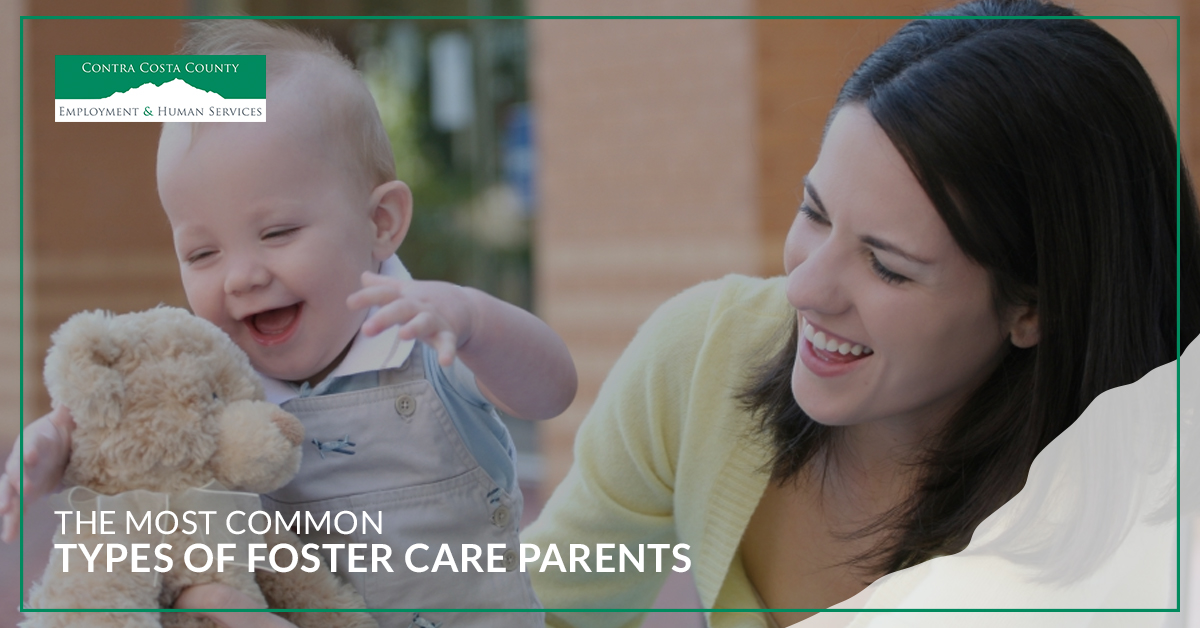
First of all, let’s get this out of the way: just because you don’t fit into one of the categories mentioned below doesn’t mean that you’re not eligible for becoming a foster parent. We’re simply writing this blog to detail some of the most common foster family dynamics, including some that people don’t often think of a being foster parents. So no matter who you are, be sure to contact us with questions about how you can become a foster parent, or what you can do to work toward that goal.
That being said, let’s take a look at some of the more typical types of foster families…as well as those that are becoming more typical in their own right!
Nuclear Family
When most people think of foster care, their first thought is of a married man and women who have kids and hearts big enough for all of them…plus one more!
There’s no doubt that this is a large portion of the people we see who are interested in becoming foster parents. Even though they are raising their own children, they see the need that society has and have stepped up to fill it. Sometimes that need stems from their faith, other times it’s because they simply enjoy the feelings that can be had from helping someone in need. Still other times they need to give back to those less fortunate. No matter the reason, this “typical” family has long been a staple of the foster care system.
Married With No Kids
Just because a married couple has no biological or adopted children doesn’t mean that they don’t have a heart for caring for someone in need. After all, caring for someone related to you can be easy; caring for someone who is in your care for a short time can be a much more challenging situation! And if all of that caring eventually leads to an adoption, it’s hard to argue with the love of a new family
We truly appreciate it when people who have no children decide to help kids in need. All of the love they show has helped so many children through tough times. While the care given is usually temporary, it lasts a lifetime.
Empty Nesters
When the children have moved out or gone to college, some couples who have never even considered fostering a child suddenly realize that they’re not yet ready to have an empty nest. After all, they have a spare bedroom now that their children have left, so why not make use of it and help a child in need at the same time?
If your house is feeling a bit empty and yearn for the life that adolescents and teens bring into your home, contacting a foster care agency could be the first step to jazzing things up once again!
Singles
Did you know that some of the earliest foster parents were single? Hundreds of years ago, widows would be given money by the state in order to care for children who were in need.
If you are single and meet the age requirements, you can carry on that tradition of temporarily caring for a child in need. Don’t get us wrong: caring for a foster child as a single person can be challenging, in much the same way that being a single parent can be challenging. But the good thing is that you’ll have Contra Costa Country on your side in order to help make it work as well as it possibly can. We’ve helped singles do it before, and we’ll do it again.
Couples Living Together
Couples who are living together but not married can certainly be considered when it comes to fostering a child. Still, it’s important to understand that there might be additional vetting when it comes to couples living together in order to ensure that they are stable. After all, the goal of foster care is to give the child as much stability as possible when they are in a foster home. A couple that breaks up in the middle of foster care will simply disrupt the entire process, which certainly isn’t healthy for anyone involved.
Same-Sex Couples
We certainly don’t have to tell you that a lot has changed for same-sex couples in the last 20 years. Not only are they allowed to marry, but they are equally considered when it comes to fostering a child. It only makes sense: if same-sex couples are allowed to adopt, they should be equally allowed to participate in the foster care process. We’re most certainly happy to have them!
There is always a need for qualified foster parents, and we want to encourage you to explore the option further if you have an interest. Contact Contra Costa County. We’d love to answer any questions you have and let you know how you can get started making a difference in a child’s life.
